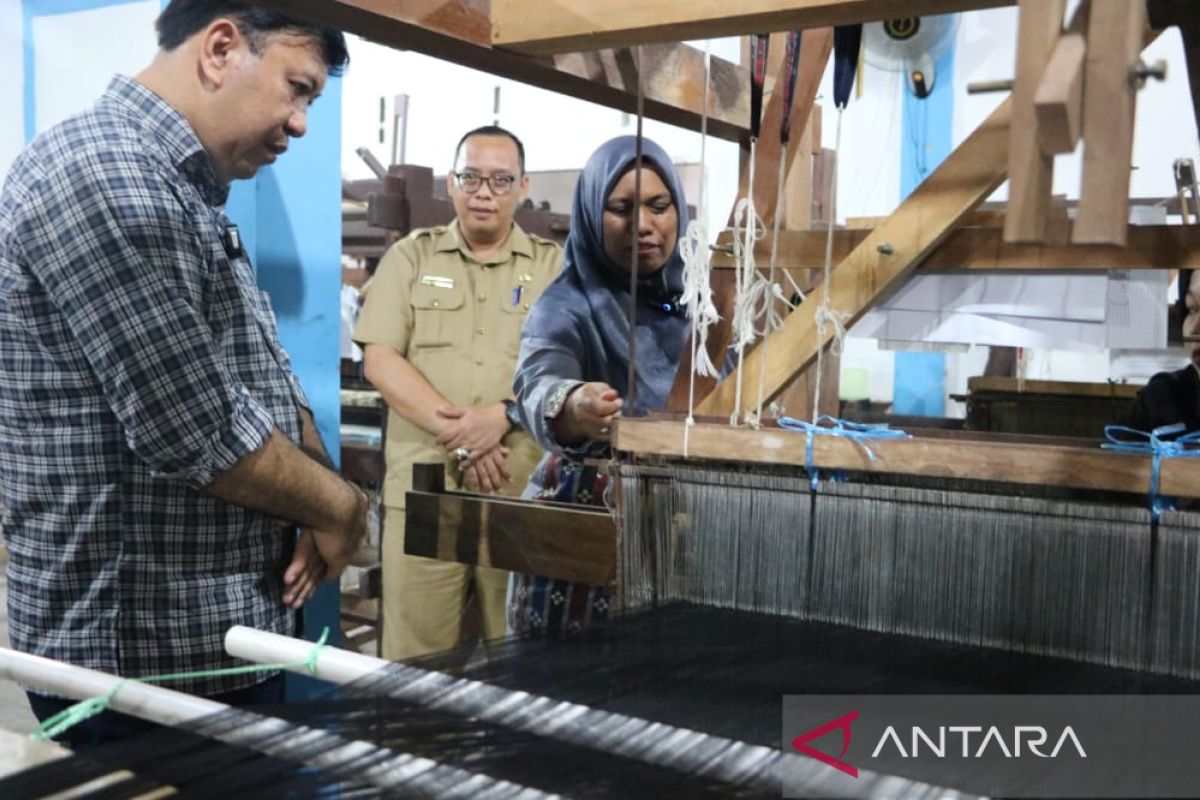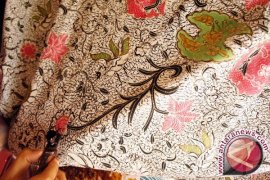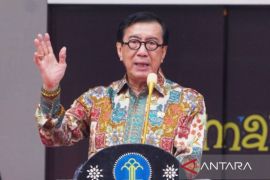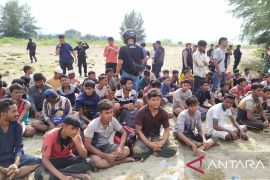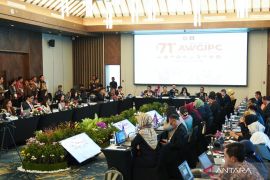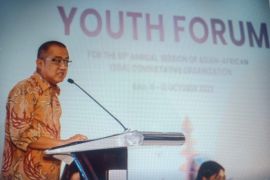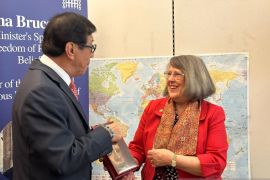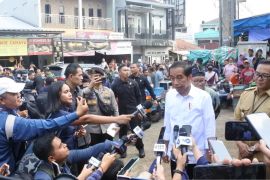Do not wait until our original idea is stolen by someone else, (when only then) we want to register our intellectual property, the brand and so on. Moreover, the product of intellectual property work has a high economic value, at a time when naturalSiak, Riau (ANTARA) - The Law and Human Rights Ministry called on Micro, Small, and Medium Enterprises in Siak District, Riau Province, to register their intellectual property in the form of copyrights, patents, industrial designs, trade secrets, and brands.
Special staff for digital transformation at the Law and Human Rights Ministry Fajar B. S. Lase said that in the current era of information technology, intellectual works were prone to theft, so everyone must actively protect intellectual property.
Lase delivered the statement during his visit to Atun's Siak Mekar Permai Weaving Enterprise on Wednesday.
Related news: Contribution of MSMEs to GDP at Rp8,574 trillion: minister
"Do not wait until our original idea is stolen by someone else, (when only then) we want to register our intellectual property, the brand and so on. Moreover, the product of intellectual property work has a high economic value, at a time when natural resources are very limited, while creativity has no limit," he stated.
He drew attention to the COVID-19 pandemic as one of the factors causing a decline in the number of MSMEs in Siak District. Based on data from Statistics Indonesia 2022, the number of MSMEs in Siak District had decreased, from 5,212 in 2018 to 2,018 in 2020.
However, Lase believed that Siak District's MSMEs still had vast economic potential if assistance from information technology could be optimized. By tapping into information technology to improve product sales, the pool of consumers would cover more not only from Siak but also from outside the region.
Mrs Atun's Siak Mekar Permai Weaving Enterprise was a family business that was established in 2011. Their woven fabric was typical Malay cloth that was extensively used for traditional clothing and party wear.
Related news: Halal certification paramount to boosting MSEs' competitiveness: BPJPH
Moreover, they created derivative products from woven fabrics, such as footwear, tissue boxes, and even masks, wall hangings, and tables. They developed and currently could produce 10-15 pieces per week.
Mrs. Atun, the business owner, admitted to have used technology to sell her products. She expected this effort to help the surrounding community.
"With the determination to help the economy of the surrounding community, Thank God, we can help many families with businesses like this," she remarked.
Related news: Ministry strengthens communication network for G20 Summit
Related news: Some 1,337 journalists registered to cover 2022 G20 Summit: Ministry
Translator: Bayu Agustari Adha, Mecca Yumna
Editor: Fardah Assegaf
Copyright © ANTARA 2022
